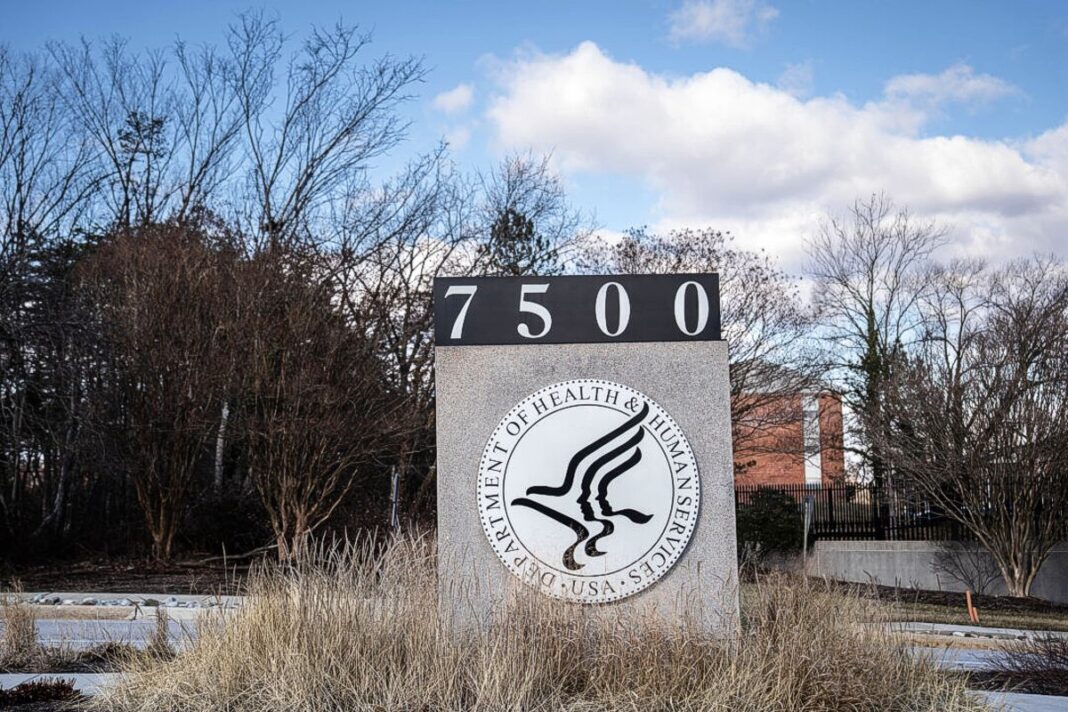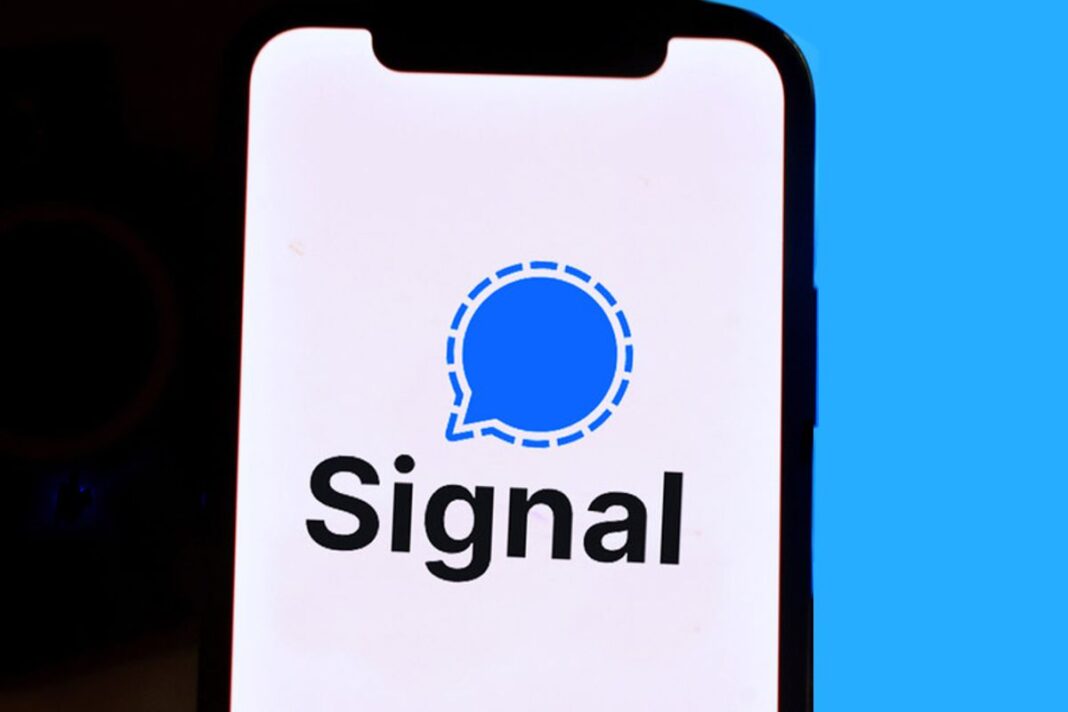‘The pandemic is over,’ says the Department of Health and Human Services. State officials say the money was meant for other diseases too.
The Department of Health and Human Services (HHS) has pulled back roughly $12 billion in federal grants that had been allocated to states during the COVID-19 pandemic, the agency said on March 26.
HHS said the money was intended to be used for COVID-19 testing, vaccination, and other pandemic services. The agency began sending termination notices on Monday, according to a statement.
“The COVID-19 pandemic is over, and HHS will no longer waste billions of taxpayer dollars responding to a non-existent pandemic that Americans moved on from years ago,” the statement read.
HHS spokesman Andrew Nixon said in an email that the funds remain undisbursed.
Lawmakers and governors representing the affected states said the grants were intended not only for COVID-19 programs but also for tracking, preventing, and controlling other infectious diseases such as avian influenza and measles. States also used the funding to track mental health services and fund addiction treatment.
A spokesperson for the Lubbock, Texas, public health director said officials were ordered to cease work funded by three COVID-era grants allocated to responding to the growing measles outbreak there.
The Trump administration decision pulls more than $11 billion in funding that was granted by the Centers for Disease Control and Prevention, as well as roughly $1 billion awarded by the Substance Abuse and Mental Health Services Administration, Sen. Patty Murray (D-Wash.) said in a statement.
Murray said the cuts will see her state lose $160 million in federal funding for its health department, Native American tribes, and other groups. She asked the administration to reverse its cuts, saying it risks more than 200 jobs.
“Senselessly ripping away this funding Congress provided will undermine our state’s ability to protect families from infectious diseases like measles and bird flu and to help people get the mental health care and substance use treatment they need,” Murray said.
By Jacob Burg and Samantha Flom







